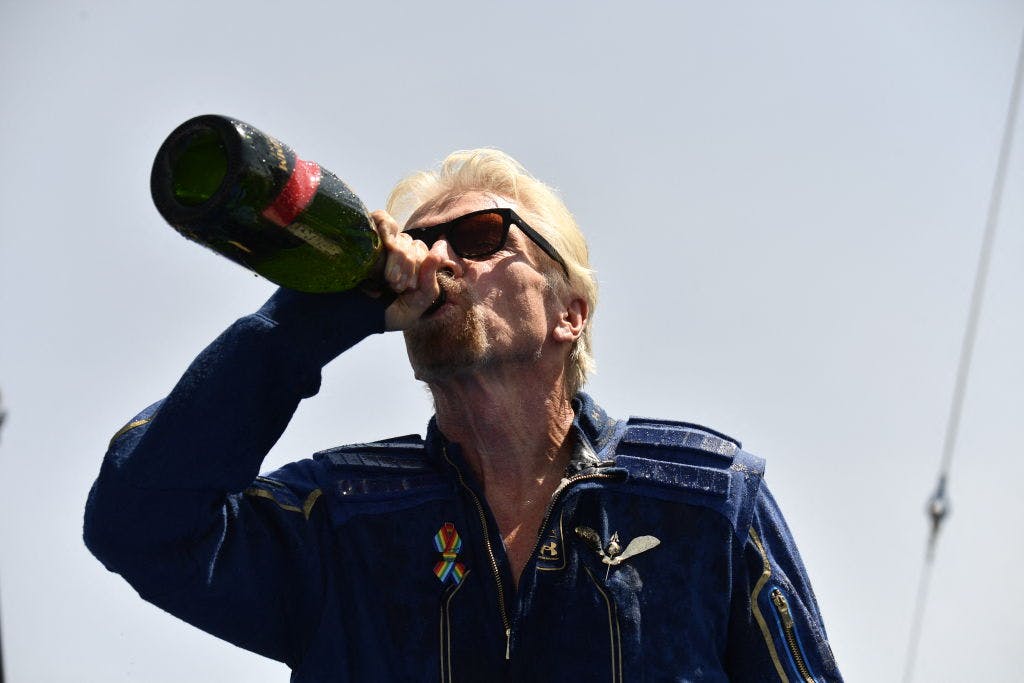Virgin Galactic’s $600,000 tickets to space are getting more expensive
The company has posted over $2 billion in losses since going public in 2019.
Bad news for anyone toying with the idea of going into space, but already perturbed by the astronomical costs: Virgin Galactic last week said that it’ll be raising the price of tickets — already around $600,000 — to get onto one of its space tourism flights next year.
Execs didn’t go into exactly how much any aspiring Neil Armstrongs or Katy Perrys could expect to cough up, though their updates on Virgin’s private space travel timeline sent shares rocketing 43% on Friday. In its Q1 update, the company reported that development of its new Delta Class spaceships, which have six seats compared to the old fleet’s four, is “on track” and that ticket sales will recommence in the first quarter of 2026, ahead of the first Delta flight in the fall.
After a turbulent ride on the market since going public via a SPAC merger in 2019, and a hell of a lot of red ink spilled, the company will need a long line of people willing to drop the equivalent of a house for a few minutes of zero gravity to make the economics work.
Galaxy brains
While Elon Musk’s SpaceX and Jeff Bezos’ Blue Origin have tended to dominate the intergalactic conversation in recent years, Richard Branson’s business has been plugging away in the space for over two decades now. However, Virgin Galactic is yet to post a profitable quarter since it became the first publicly traded space tourism company in October 2019, racking up over $2.1 billion in losses.
Meanwhile, shares are also down 99.5% from their 2021 peak, on the back of the cash burning and major delays for the company’s outer space ambitions.
